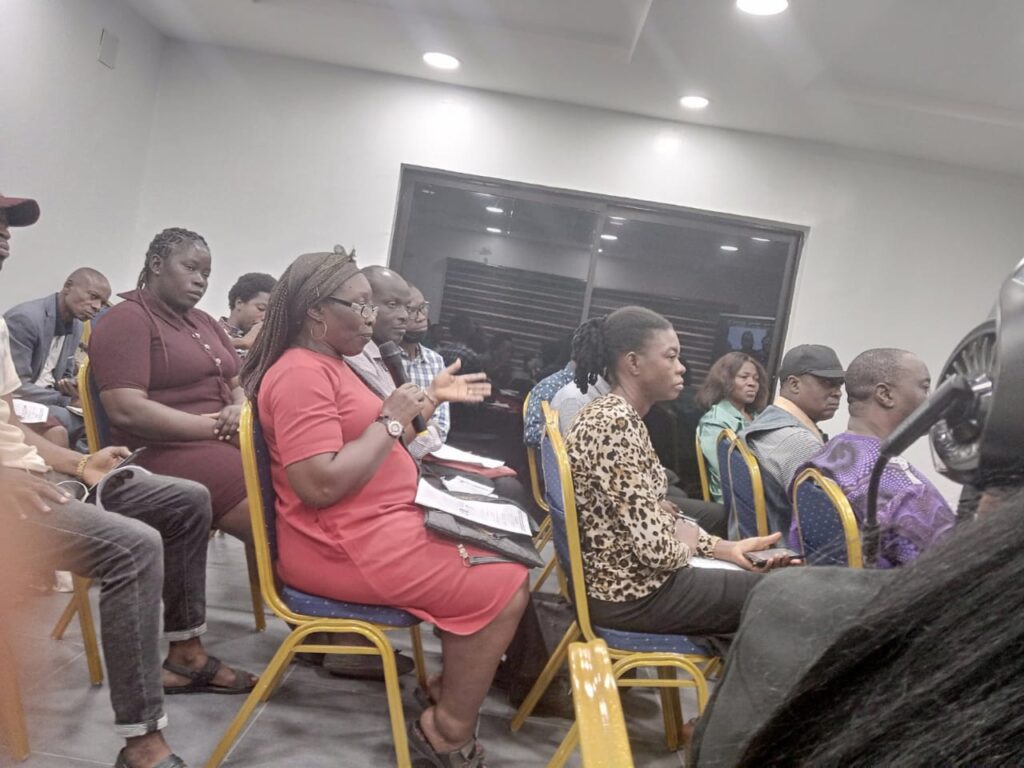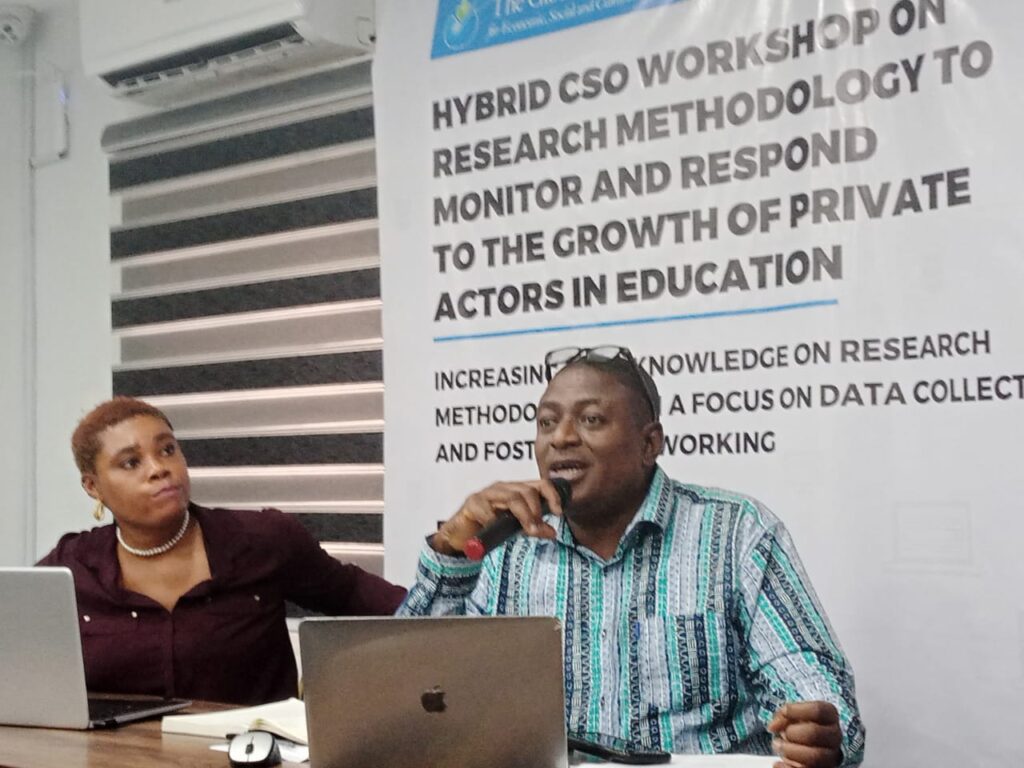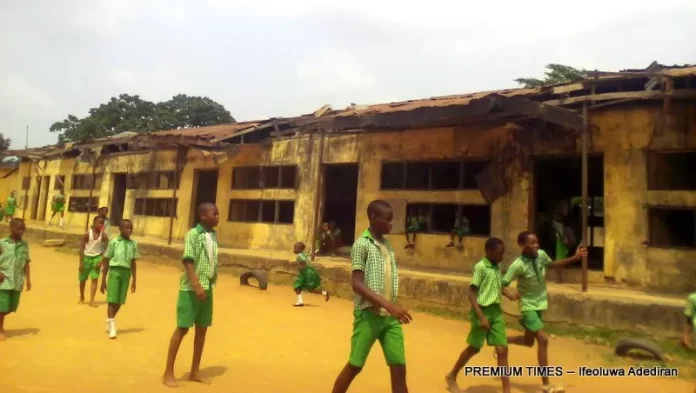One of the speakers frowned at the trend of the private sector taking over the running of education while the government takes the backseat.
By Ishaya Ibrahim, News Editor
An African wide workshop hosted by the Global Initiative for Economic, Social and Cultural Rights (GI-ESCR) in collaboration with the Corporate Accountability and Public Participation Africa (CAPPA), has faulted the growing private sector takeover of public education in the continent.
The workshop, designed to train Civil Society Organisations (CSOs) on research methodology to monitor the growth of private actors in the education sector, drew participants from Liberia, Kenya and Uganda among others.

Akinbode Oluwafemi, Executive Director at CAPPA, emphasizes the place of research in advocacy. He says it helps to unearth the real cause of a problem and the right kind of solution.
He argues that in-depth and quality research would help CSOs to strategically engage and address government. “Research is important because it makes what we are doing credible. Policy makers call us professional noisemakers. But we make noise for a purpose. So, when we add research to what we are doing, they take us seriously,” he said.
He frowned at the trend of the private sector taking over the running of education while the government takes the backseat.
He said the romance between the private school owners in Lagos and the Lagos state government appears to be the reason principals of big private schools are always appointed as commissioners for education in the state.
More worrisome is the use of public funds to support privately established educational institutions, he pointed out. “The public education is not working and the government is supporting private actors with funds that are supposed to be committed to financing public schools,” he said.

A lecturer at the Lagos State University, Tunde Akani, corroborated the position of Oluwafemi, citing specific cases of how public funds from the Joint Admission and Matriculation Board (JAMB) and the Tertiary Education Trust FUND (TETFUND) have been used to support privately owned universities.
The university lecturer appealed to university administrators to learn from the University of Ilorin and JAMB on how transparently they should run their school. He said JAMB and the University of Ilorin publish their account weekly, wondering why the other universities won’t do the same.
For activist, Achike Chude, the prohibition of policymakers from sending their wards abroad for schooling, is the first step to fixing public education in Africa.
Johnstone Shisanya, Programme Manager, East African Centre for Human Rights, Kenya Chapter, urged CSOs to embark on research, especially as it would inform their engagement with the government regarding the education sector.
He also stressed that research is important to hold the state accountable to do its obligations and to enable CSOs to be able to engage with policy makers effectively.
Corroborating him, Anderson Miamen, National Coordinator, Coalition for Transparency and Accountability in Education, Liberia noted that evidence based advocacy would help to promote inclusion and transparency in the education sector.
He noted that the right to free and quality education is under threat, and it is essential for CSOs to take necessary steps to ensure that this right is not denied.
Sharing country specifics and how the private actors have not contributed positively to the education sector, Mugoya Musa, Programme Officer, Initiative for Social and Economic Rights in Uganda explained that private schools in Uganda are inaccessible, low quality with minimal funding to deliver the right education needs for students.
Musa said, “access is a major concern as majority of these schools are established in urban settlements where the population is high, thereby disconnecting people in rural communities; poor financing, as private actors are looking at benefitting from the government, and poor quality in terms of school infrastructure, safety and sanitation, some schools do not even have adequate classrooms.”
He also highlighted how Schools are not inclusive for children with disabilities, thereby excluding them in the scheme of things.
Jointly moderated by Zikora Ibeh of CAPPA and Aya Douabou, of GI-ESCR, the hybrid CSO workshop had in attendance media representatives and CSO Actors from Nigeria, Liberia, Uganda, and Kenya.




